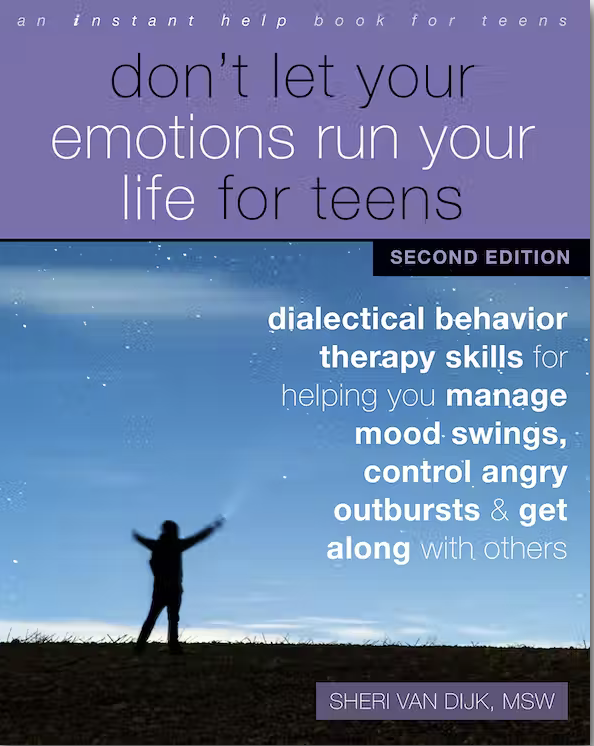
Can Tech Help Prevent Teen Suicide?
Last year, one-fifth of all high school students seriously considered suicide and 1 in 11 teens attempted suicide. These numbers are staggering and unacceptable. To truly make a dent in the teen mental health crisis, there needs to be an Read more >>











